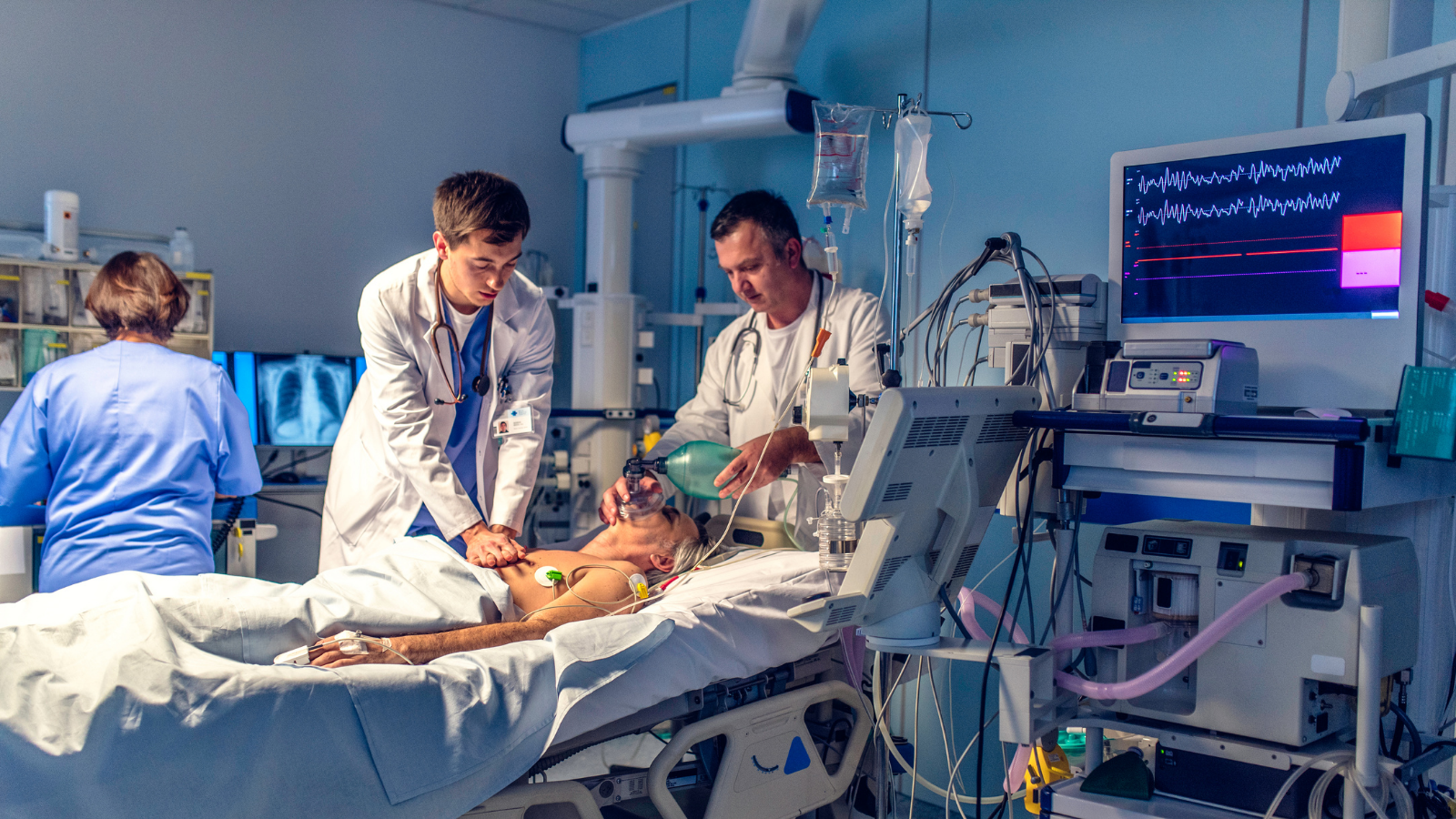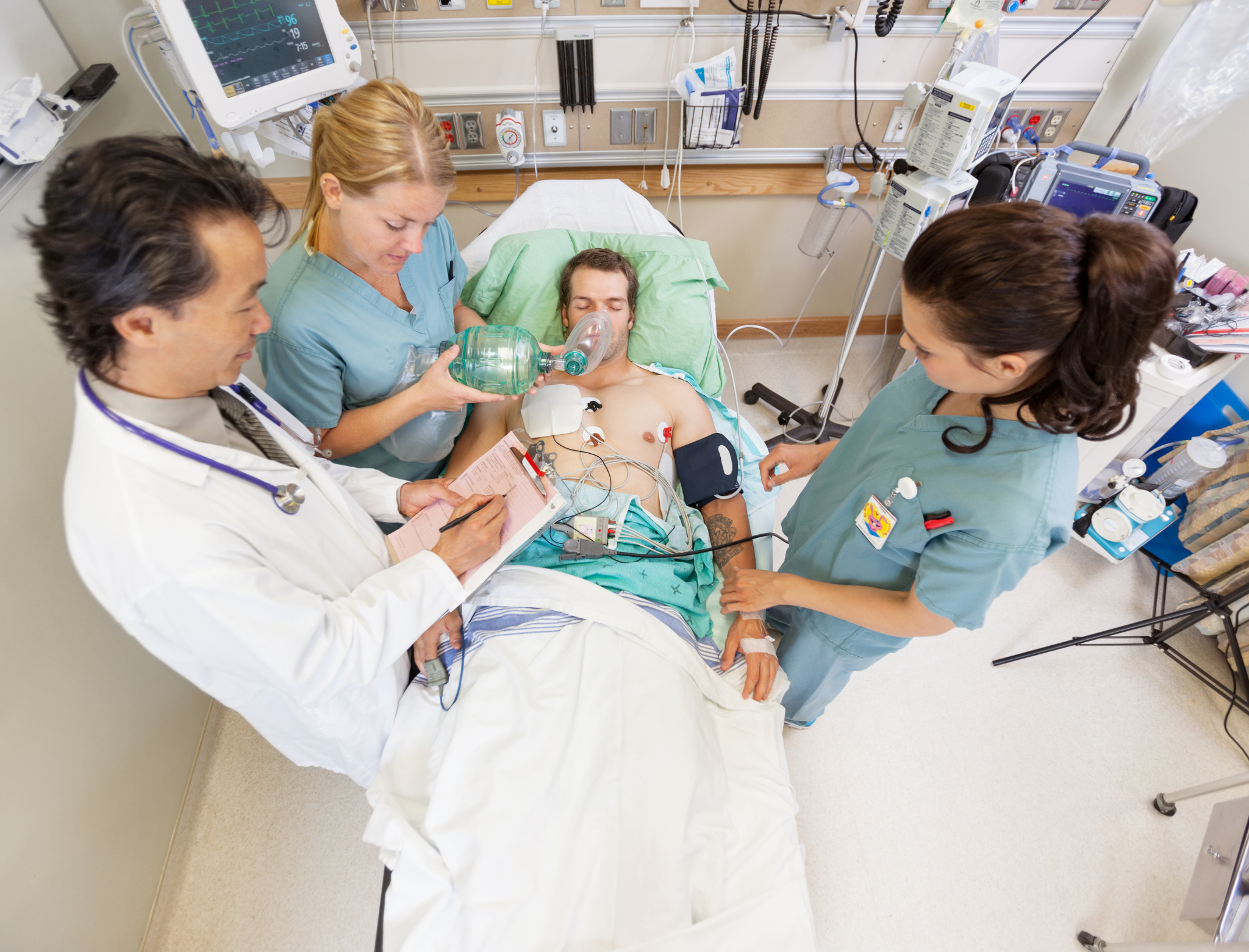Overview
Critical care is essential when a patient’s condition becomes unstable or severely compromised, and immediate, continuous intervention is required. It can take place in an Intensive Care Unit (ICU), Coronary Care Unit (CCU), or specialized emergency setups.
This includes patients recovering from major surgeries, trauma, severe infections, or organ failure.
Symptoms & Diagnosis
Critical care units are equipped with advanced life-support systems and staffed by intensivists, critical care nurses, respiratory therapists, and other specialists who work together to stabilize and support vital functions.
Common Symptoms or Conditions That May Require Critical Care:
- Stroke with complications
- Neurological crises
- Acute poisoning or overdose
- Multi-organ failure
- Major trauma
- Sepsis or septic shock
- Cardiac arrest or unstable heart rhythm


